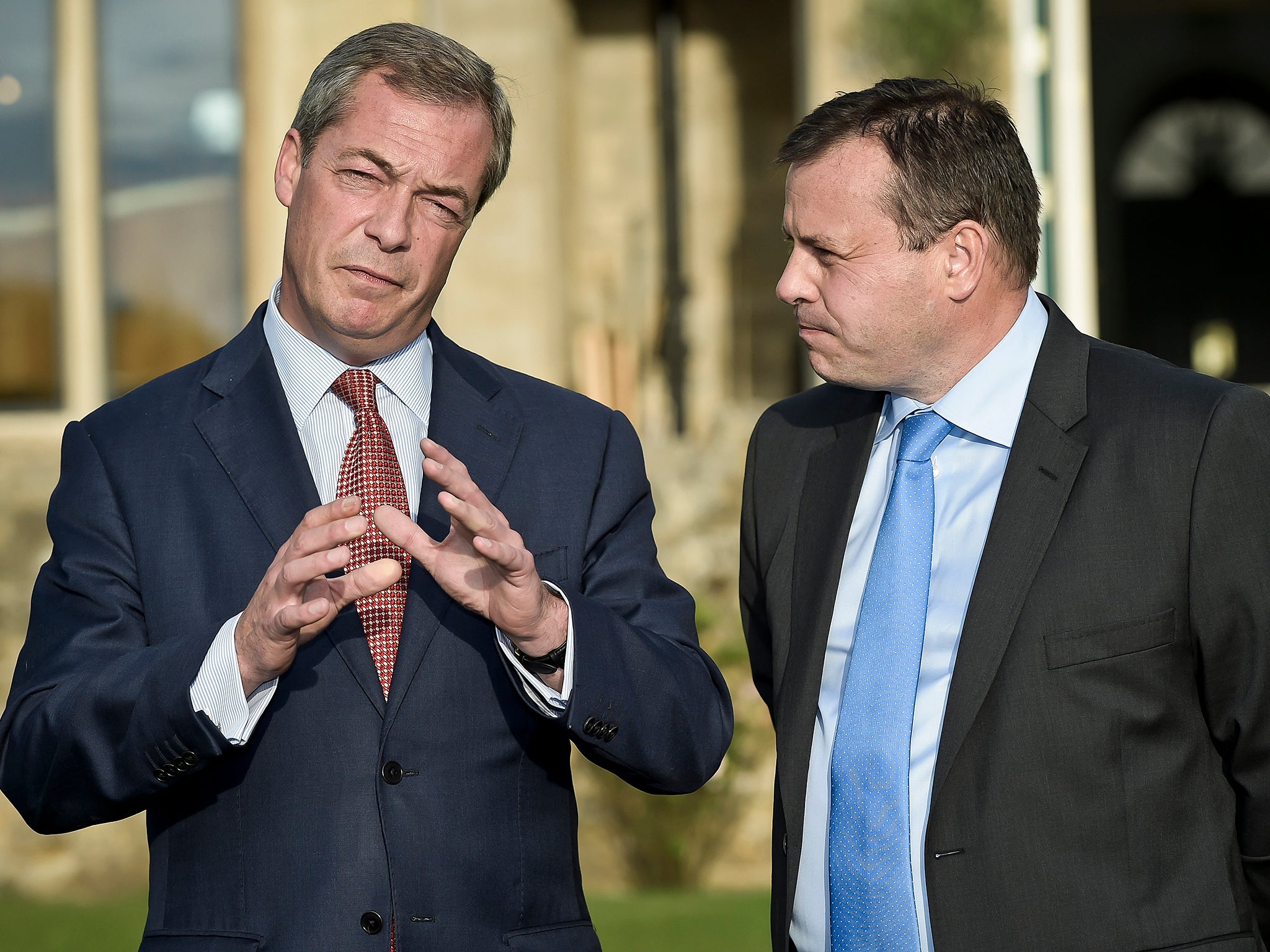The Tories should resist attempts at a right-wing takeover
The Conservative Party does need a grassroots revival; but, when choosing the country’s next prime minister, it should elect a leader who commands the confidence of its MPs

The UK’s three main political parties are all examining their rulebook, and whether to change the way they elect their leader. Sir Vince Cable is floating the idea of allowing his successor as Liberal Democrat leader to come from outside the party, in the hope of emulating the rise of the Canadian Liberals under Justin Trudeau. Sir Vince is also keen on a registered supporters scheme, mirroring the one that helped Jeremy Corbyn win the Labour leadership three years ago.
At Labour’s conference next month, Corbyn supporters are expected to entrench the left’s grip on the party by voting through rule changes. They are designed to dilute the influence of Labour MPs, and ensure that a left-wing candidate is on the ballot paper in future leadership contests.
The Conservatives have traditionally been less interested in internal democracy than rival parties have, but they have begun a debate because Theresa May is highly unlikely to lead them into another general election. The Campaign for Conservative Democracy wants to give any MP with the support of 20 parliamentary colleagues a place on the shortlist from which the party’s 120,000 members elect the leader. At present, Tory MPs hold a series of ballots, with the candidate coming last dropping out, until the remaining two names are put to the members. This system might allow MPs to deny grassroots activists the opportunity to vote for Boris Johnson, who would be the choice of many of them.
There is no doubt the Tories need a grassroots revival: symbolically, the party received more money in bequests left by the dead than membership fees paid by the living last year. But it is important that, when choosing the country’s next prime minister, the Tories elect a leader who commands the confidence of the party’s MPs rather than one who appeals only to an ageing, male-dominated, right-wing, Eurosceptic membership unrepresentative of the country he or she aspires to lead.
The Tory debate has been given another twist by an attempt by close allies of Nigel Farage to join the party. It is already happening in many constituencies, even though Tory headquarters has blocked membership applications by Arron Banks, the millionaire co-founder of Leave.EU and his sidekick Andy Wigmore. Writing in The Sunday Times, Mr Banks is candid about his goal: for 50,000 of Leave.EU’s 90,000 members to join the Tories to “help unseat Ms May, and help install a true Brexiteer such as Boris Johnson or Jacob Rees-Mogg to the top job.” Mr Banks rejects the charge of “entryism” and dismisses parallels with Momentum's growth inside Labour with the spurious argument that “our idea is to safeguard Britain for a generation, not divide it”.
Of course, one person’s entryism is another’s democracy. Labour, with about 550,000 members, has grown into the biggest party in western Europe under Mr Corbyn. This is a healthy development, a far cry from the days when local barons retained their iron grip by telling would-be entrants the party was “full up”. While some Labour recruits since 2015 might be Trotskyists who previously fought elections under their own colours, their numbers are relatively small; Mr Corbyn has inspired many left-of-centre voters to join his party.
While the Tories can block high-profile figures like Mr Banks, it will be impossible to stop people who previously joined or voted for Ukip becoming members. But the Tories should not allow Ukip, which has no raison d’etre after the vote for Brexit, to mount a reverse takeover of their party. They should remember what happened when David Cameron pandered rather than stood up to Ukip by promising the 2016 referendum. If the Tory party ceases to be centre-right and become an inward-looking, little Englander, single-issue group that offers voters a better yesterday, they will not appeal to the under-50 and ethnic minority voters, they will need to win a majority when the Brexit debate is finally resolved.
Join our commenting forum
Join thought-provoking conversations, follow other Independent readers and see their replies
Comments
Bookmark popover
Removed from bookmarks